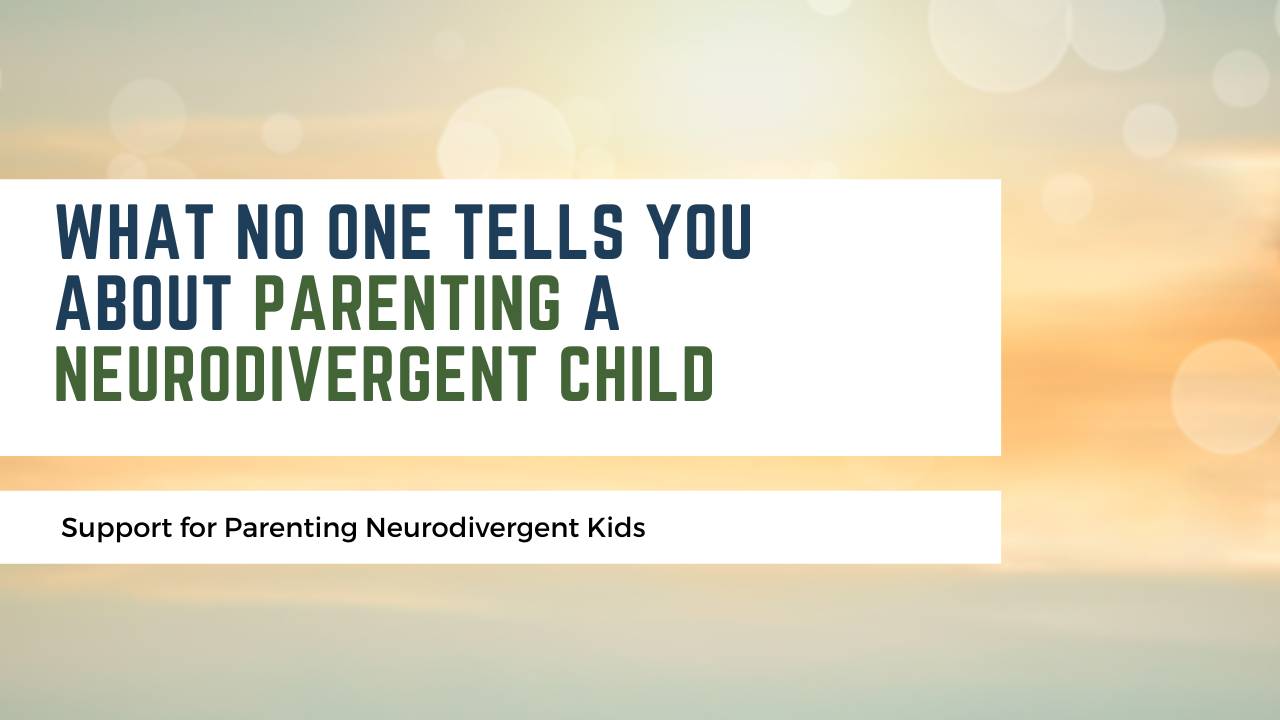
What No One Tells You About Parenting a Neurodivergent Child
Hi, I’m Dhivya.
I’m the parent of a 17-year-old autistic child.
I’m also a behavior analyst, a yoga teacher, and someone who has spent years learning how to show up—not perfectly, but intentionally—for my child.
If you’re reading this, I’m guessing you’re trying to do the same.
You want to support your child.
You want them to thrive on their terms.
And maybe—like me—you’ve spent years sorting through strategies, suggestions, and systems that often miss the heart of it all.
You’ve scrolled through countless comment threads, skimmed one resource after another, and picked apart every parenting book you could lay your hands on—searching for something that helps you tune out the noise and truly understand your child, on their terms.
This post isn’t about fixing anything.
It’s about naming something that rarely gets spoken out loud:
That parenting a neurodivergent child is made up of quiet, invisible decisions—dozens of them every day—between what the world expects and what your child actually needs.
No one prepares you for the 3 a.m. thoughts.
The ones where you lie awake wondering if you’re getting it all wrong.
If you missed something. If you should be doing more.
If you’re failing in a way that might only show up years from now.
Even on the outside, when things seem calm—there’s often a quiet current running underneath:
-
Am I making the right decisions?
-
Am I giving in too much—or pushing too hard?
-
Will he look back and feel like I understood him? Or like I misunderstood everything?
For me, the shift didn’t come from one dramatic moment.
It came from years of noticing what happened when I followed the plan—and what happened when I followed my child.
I started watching his face more than the data.
His energy more than the outcomes.
And I realized: every time something cost him his peace, his spark, or his sense of safety… it wasn’t worth it.
No matter how “effective” it was supposed to be.
That’s when I stopped chasing the idea of getting it right.
Not because I gave up—but because I realized that trying to perfect every decision was costing us both more than it gave.
Instead, I began focusing on what actually helped.
-
What brought him peace.
-
What helped him feel safe.
-
What allowed us to stay connected—even when things were hard.
I let his nervous system become my guide.
And slowly, I stopped measuring success by how well he fit into systems that were never built for him.
I started measuring it by how safe, accepted, and supported he felt in our home—and how I showed up alongside him.
That shift didn’t change everything overnight.
But it brought back trust, calm, and the quiet joy of being together—without constantly trying to keep up, catch up, or chase someone else’s idea of progress.
It helped me stop measuring our days by milestones, and start noticing the moments that actually mattered.
And that’s when things started to feel like home again.
If this resonates with you, you’re not alone.
This is the kind of support I wish I had earlier—honest, grounded, and full of compassion for both child and parent.
💬 Want tools that support moments like this? Download the free Transition Toolkit—designed for real-life regulation, connection, and predictability.
